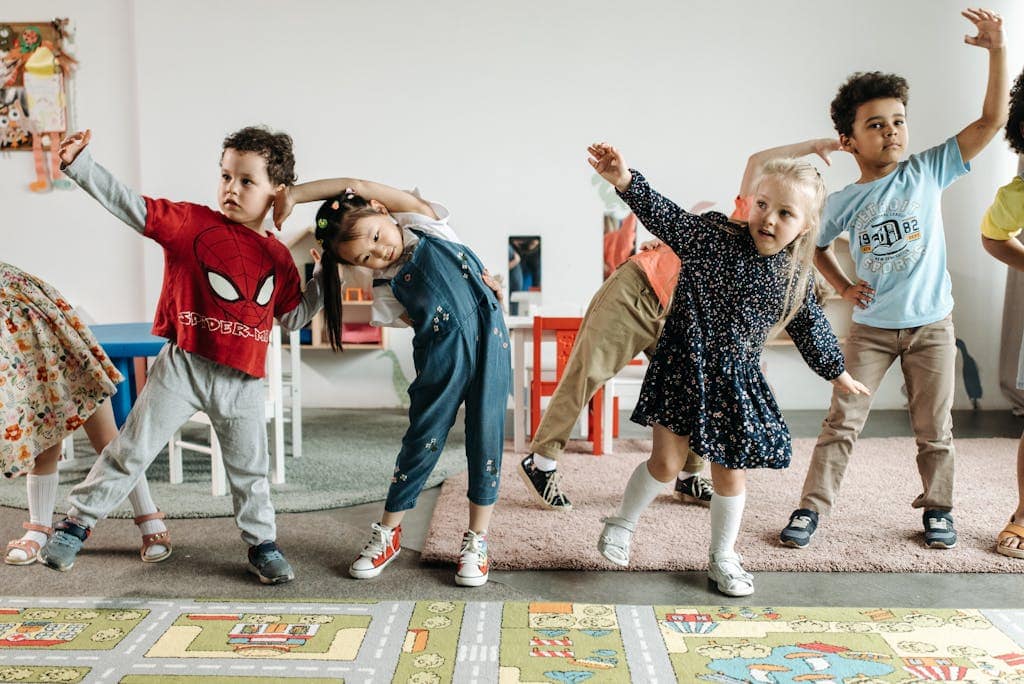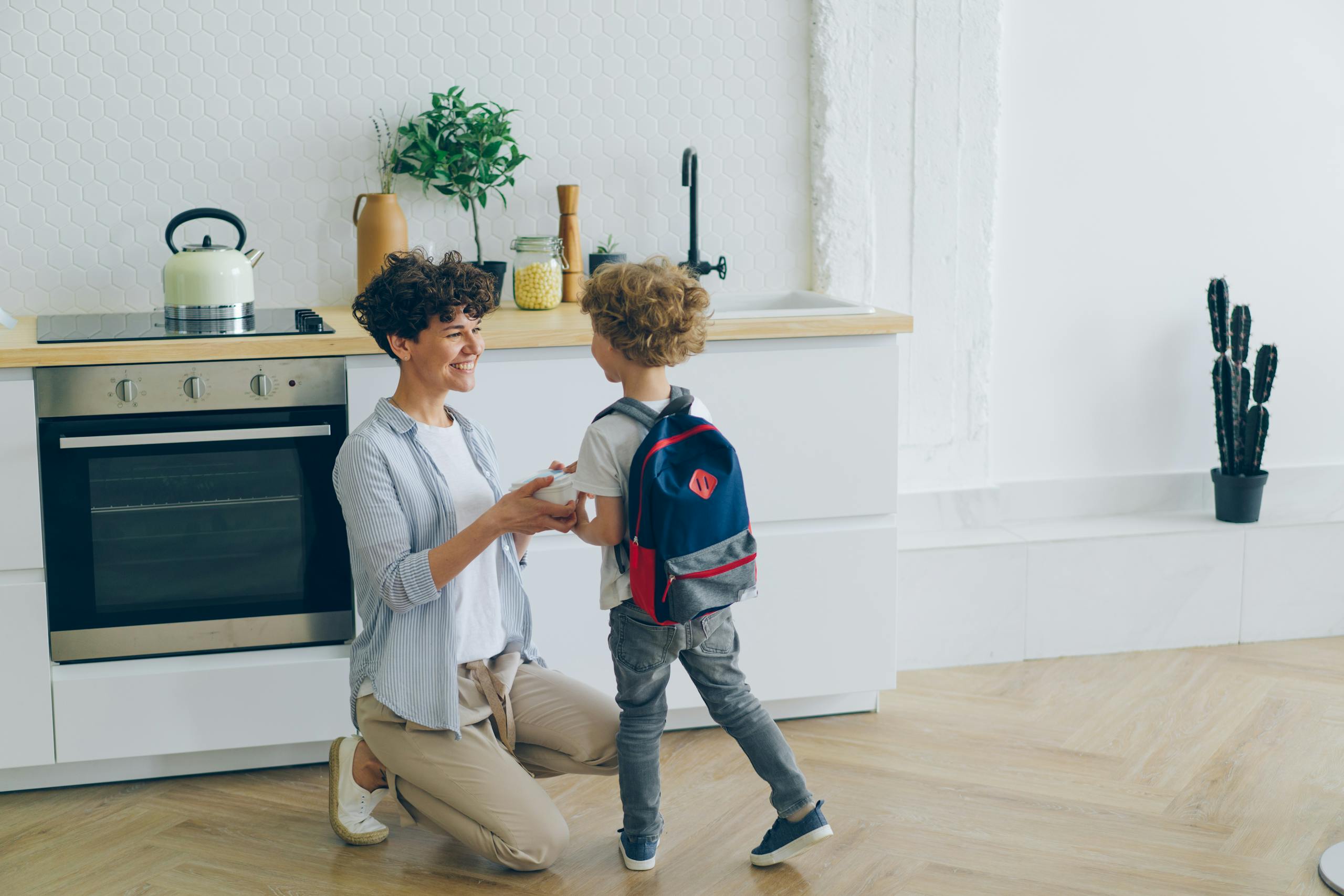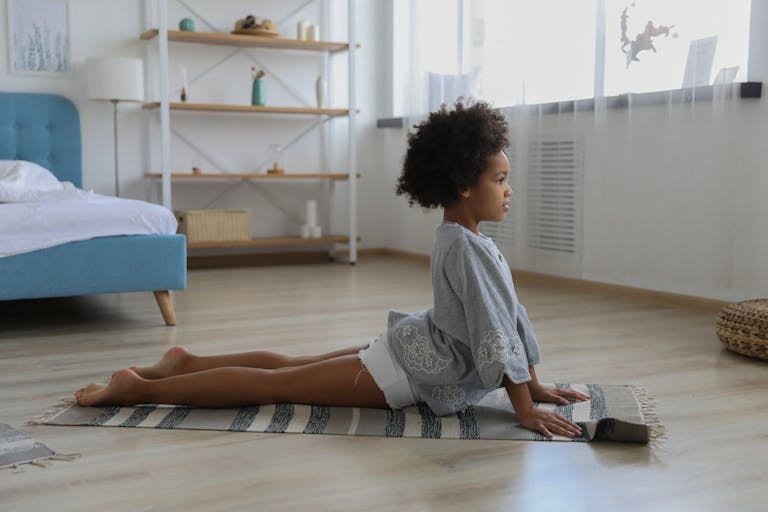Brave Goodbyes: Helping Kids Handle separation
The new school year is upon us, and we know that it often brings a mixture of emotions for children – disappointment with summer’s end, excitement and anticipation about what lies ahead, and, for many kids, fear about saying goodbye and separating from their parents, often referred to as separation anxiety.
Though separation anxiety is normal and common in young kids, it can be challenging, and even heartbreaking, for parents to navigate. We hope that our kids will have positive feelings about school: that they’ll feel confident, excited, and ready to begin the new year. So when children experience uncomfortable emotions about the start of school, it can trigger intense emotions for parents as well. It’s not uncommon for parents to feel frustrated and helpless when school separations cause distress in their children.
As a school counselor, I’ve had the opportunity to support many kids and their parents as they navigate the challenges of a new school year and handling separation. I’ve watched many reluctant children grow into confident and capable students who experience great success in school.
What Separation Anxiety Looks Like
Every child is different, and their responses to separation can vary widely. Among elementary-aged students, I often see crying, clinging, refusing to let go, and complaints about not feeling well. Some children even physically resist – refusing to get out of the car, freezing up, or throwing themselves on the floor.
Once at school, they may make frequent visits to the nurse with complaints of illness, or insist that they need to call a parent or go home.
For some kids, the struggle begins before they even leave the house. Others might hold it together until the moment of separation. For many parents, this behavior isn’t surprising, they’ve seen the same emotional response in other situations involving separation. Children who struggle to separate often express fear over when they’ll be reunited with their parents.
It’s important to remember that these are not symptoms of misbehavior. Children feel safest when they are with the people they love, in familiar environments where routines are predictable. New and unfamiliar situations can feel overwhelming for some kids.
Preparing Kids For the First Day of School
There are many things parents can do to increase the odds that kids will experience successful separations and manage separation anxiety effectively:
- Establish routines: Kids adjust more easily when expectations are clear.
- Rest and Nourishment: Being well-rested and eating nutritious meals helps kids start the day strong.
- Fill their love tank: Focus on quality time. Be present and attentive when you’re together.
- Attend events: Participate in Meet the Teacher Night, kindergarten roundups, campus tours, any opportunity to familiarize your child with their new environment.
- Discuss morning routines: For example, “We’ll have breakfast together, then I’ll drive you to school. I’ll drop you off in the parent drop-off area, you can give me a hug and kiss, and we’ll say goodbye.”
- Talk about what to expect: If you suspect your child may struggle, reach out to the teacher for insight into the typical daily routines.
- Read books together: There are many helpful titles about the first day of school, separation difficulties, and managing big emotions. Check my Books for Children.
- Encourage open communication: Give kids a chance to express their feelings. Normalize their emotional responses to big changes.
- Stay positive and reassuring: Send the message that you believe in their ability to handle challenges. For example, “I know this is new and a little scary, but you are brave and strong. I believe in you.”
- Explain end-of-the-day routines: Let them know who is picking them up and where you’ll meet.
- Teach coping strategies: Help them recognize tools they can use when they experience uncomfortable emotions. See more strategies in Calming Spaces: Supporting Emotional Regulation.
- Breathing exercises: I love using a breathing ball to help kids regulate. I use the small breathing ball for younger kids, and larger breathing ball for school-age kids.
- Grounding techniques: Grounding helps focus on the environment around them, rather than on the thoughts and feelings that are upsetting them.
- Positive self-talk: “Mom will be here after school.”
- Comfort items : A small photo or small stuffed animal (pre-approved by the teacher) can help.
- Fidget tools: These can offer comfort but should be classroom-appropriate. A few of my favorite quiet tools for classroom use include: Sensory Worry Stones, NeeDoh, Marble Maze Mat.
- Humor: Share a funny moment or joke they can think about when they miss you. Laughter can trigger a positive feeling and sometimes turn tears to giggles.
How Parents Can Help Ease the Transition
Each year, I observe well-meaning, loving parents unintentionally making separation more difficult. Long, emotional goodbyes often escalate distress and fuel separation anxiety, creating a cycle that becomes harder to break. To support your child’s morning transition, parents should:
- Keep goodbyes short and positive: Lingering makes things harder for both child and parent.
- Validate their emotions: It’s loving to acknowledge how they feel. Pair it with encouragement: “I know it’s hard, but you’re so brave and strong.”
- Do not take them home: Giving in reinforces the behavior and prolongs the adjustment process. You may unintentionally be sending the message that they’re not capable of handling school.
- Manage your own emotions: Kids pick up on your anxiety. If you’re calm and confident, it helps them feel more secure. (You can cry in the car later, many parents do!)
At the end of the day, focus on what went well. If your child brings up hard parts, validate their feelings, then move on to celebrate the highlights. Reinforce how proud you are of their efforts. Even if it was a little scary, there were probably lots of positive and fun moments too.
As children learn and grow, these moments will become easier. Recognizing their courage and celebrating every success helps build their confidence and encourages more brave goodbyes. And parents – remind yourself that this is a process, and you’re doing a great job!

If Separation Struggles Continue
Most kids adapt to the school day fairly quickly. But if your child continues to struggle, talk to their teacher and school counselor. These professionals are with your child every day and are essential members of your support team, communicating with them can help you learn how your child does once you leave. Parents are often surprised to learn that their child has a great day once the school day gets underway. Being surrounded by classmates and engaging in fun activities can be powerful distractions from early morning anxieties.






